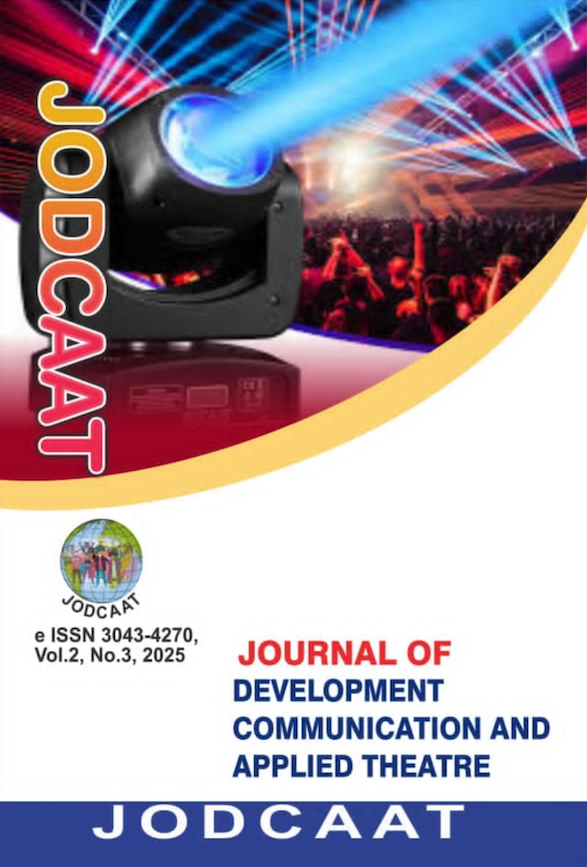HUMOUR AS A CATALYST FOR SOCIAL RESILIENCE IN LOKOJA, KOGI STATE: COPING MECHANISMS AND SOCIAL INTERACTION
Abstract
Humour is a powerful tool that can serve as a catalyst for social resilience, especially during times of adversity. It provides individuals and communities with the means to cope with stress, maintain a sense of normalcy, and foster a sense of connection and solidarity. Within the unique socio-cultural landscape of Lokoja, Kogi State, Nigeria, humour emerges as a distinctive coping mechanism, influencing how individuals navigate the intricate tapestry of social vices, vile, economic challenges, poverty, and political complexities. This localized exploration delves into profound relationship between humour and societal issues within the specific context of Lokoja metropolis. Grounded on the transformative ideas of Augusto Boal, the research was motivated by the recognition that humour plays a significant, yet understudied role in fostering social resilience. Through a combination of ethnographic studies, interviews and social media/comments, a deeper insight was gained into the ways in which humour operates as a tool for both individual and collective resilience in the State. Obtained data were analyzed using thematic analysis. Six major themes were identified as the contribution of humour to the resilience of the Kogi people. These were psychological relief and stress reduction, fostering social connections, maintaining optimism and hope, challenging authority and social norms, cultural preservation and identity and promoting adaptability and creativity. The study concluded that embracing humour as a tool for resilience can transform challenges into opportunities for growth, solidarity, and ultimately, survival. These findings have practical implications for informing social interventions and strategies aimed at enhancing resilience within indigenes facing adversity.


